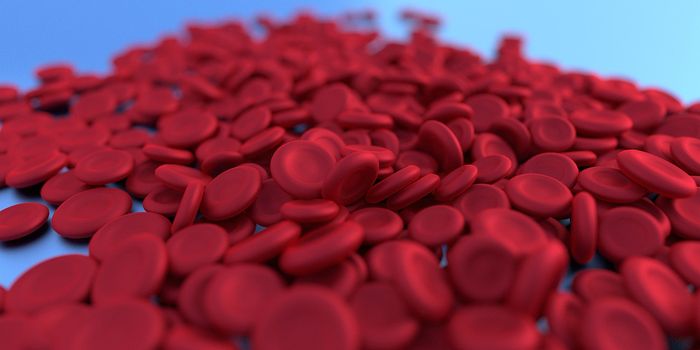Inhalable nanoparticle-immunotherapy provides new hope for lung cancer
New research published in Nature Communications details the results of a study that tested inhalable nanoparticle-immunotherapy to determine its impact on lung cancer. The nanoparticle-immunotherapy targets pulmonary antigen-presenting cells (APCs) in an effort to curb the immunosuppressive microenvironment of tumors and improve anticancer immunity against lung metastases.
Led by researchers at the Wake Forest School of Medicine, which is a branch of Wake Forest Baptist Health, the study was conducted on mouse models with the goal of identifying new techniques to change cold tumors to hot tumors. Cold tumors refer to tumors that have not been infiltrated by immune T cells; meanwhile hot tumors are those that have been identified by T cells and are hence more receptive to immunotherapies.
"The goal of our research was to develop a novel means to convert cold tumors to hot, immune-responsive tumors," said co-author Dawen Zhao, M.D., Ph.D., who is an associate professor of biomedical engineering at Wake Forest School of Medicine. "We wanted it to be non-invasive without needle injection, able to access multiple lung tumors at a time, and be safe for repeated use. We were hoping that this new approach would boost the body's immune system to more effectively fight lung cancer."
The system the team developed is an inhalable nanoparticle-immunotherapy combined with radiation therapy, thus avoiding the need to inject immunomodulators into tumors. Injections are not only invasive, but also limited to superficial and easily-accessed tumors; inhaling nanoparticles loaded with immunostimulants offer a more promising alternative.
The researchers saw that the inhaled nanoparticles deposited immunostimulants in the lung air sacs of the mice where immune cells known as antigen-presenting cells (APC) triggered an immune pathway called STING. This induction of the immune system is key to converting a tumor’s microenvironment from cold to hot. The study showed success in the mice models receiving the nanoparticle-immunotherapy: in some mice, lung tumors were eradicated entirely; others were reduced, resulting in longer survival for the mice.
The researchers plan to move their development into the patent process with the hopes of it becoming a reality in human trials in the near future.
Sources: Science Daily, Nature Communications









